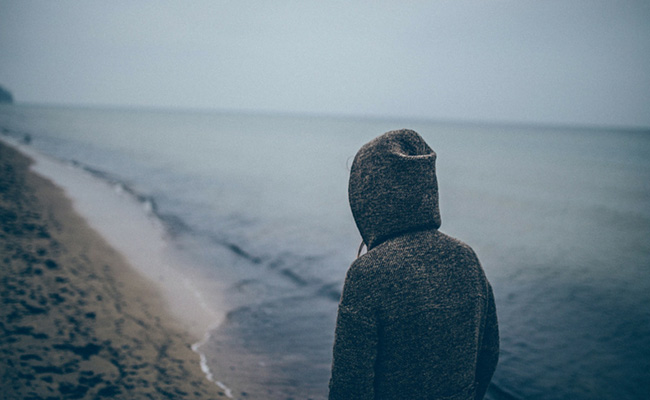Sadness or Depression: What’s the Difference?
Sadness Defined
Everyone gets sad. This is a fact of life. Everyone will feel down at some point. Unfortunately, the terms depression and sadness are often used interchangeably these days. The fact remains, depression and sadness are not the same. There are distinct characteristics that make one an emotion and the other a mental health issue. The confusion between the two can mean that the serious condition of depression is ignored by many.
Sadness is, as mentioned, a normal human emotion. Sadness is often triggered by an event that is hurtful, difficult, disappointing, or even challenging. When sadness comes it is typically about something specific. Fortunately, this also means that when something changes in that situation. The emotion changes and sadness is alleviated.
Depression Defined
Depression is different from sadness as it is an abnormal emotional state. This is a mental illness that can affect emotions, perceptions, thinking, and even behaviors. Depression means feeling sad about everything, not a specific circumstance. A certain trigger, a loss or change, is not necessary to bring about depression. Even those with diagnosed depression will often tell you that their lives are fine, or even great, but the feeling of sadness persists.
Depression has the unfortunate ability to color all areas of life. This makes everything, even enjoyable activities, less interesting, worthwhile, and lovable. Depression can alter energy levels and motivation while impairing the ability to experience pleasure, satisfaction, and joy among others. It can also quickly lead to a lower threshold for other emotions. Meaning you get angry or frustrated quicker, leading to a breakdown that may take longer to recover from than someone without depression.
Depression Diagnosed
Since sadness is normal, yet depression is a mental illness, there are criteria that must be met to receive the diagnosis of depression. There are several, but at least five must be met in order to consider depression over sadness. These include: a depressed or irritable mood most of the time; a loss or decrease of pleasure or interest in most activities; significant changes in appetite or weight; sleeping disturbances (more or less); feeling slowed down or restless most days; tired or having low energy most days; worthless or guilty most days; problems with focus, thinking, and concentration most days; and thoughts of dying or suicide. Not only should at least five of these be present, but the level to which they are felt must be ascertained. It can be scary to receive a diagnosis of depression, especially if it is severe, but help is available.
Getting Help
 If you have received a diagnosis of depression or suspect you or a loved one may have depression then seek treatment. Without some form of treatment, depression can become worse and lead down a dangerous path. While not everyone with depression attempts suicide, it is a possibility if left untreated. A more likely possibility is that the depression will take over and life will not be lived, but simply survived. Medication and talk therapy can help. Seek help if you need it, DARA can help, just make the call.
If you have received a diagnosis of depression or suspect you or a loved one may have depression then seek treatment. Without some form of treatment, depression can become worse and lead down a dangerous path. While not everyone with depression attempts suicide, it is a possibility if left untreated. A more likely possibility is that the depression will take over and life will not be lived, but simply survived. Medication and talk therapy can help. Seek help if you need it, DARA can help, just make the call.
CLICK HERE to get a Free Confidential Addiction Rehabilitation Assessment.
Latest posts by Darren Lockie (see all)
- Cocaine burnout - February 25, 2020
- What is pathological lying? - February 21, 2020
- Ireland’s growing drug problem - January 20, 2020
+66 8 7140 7788









